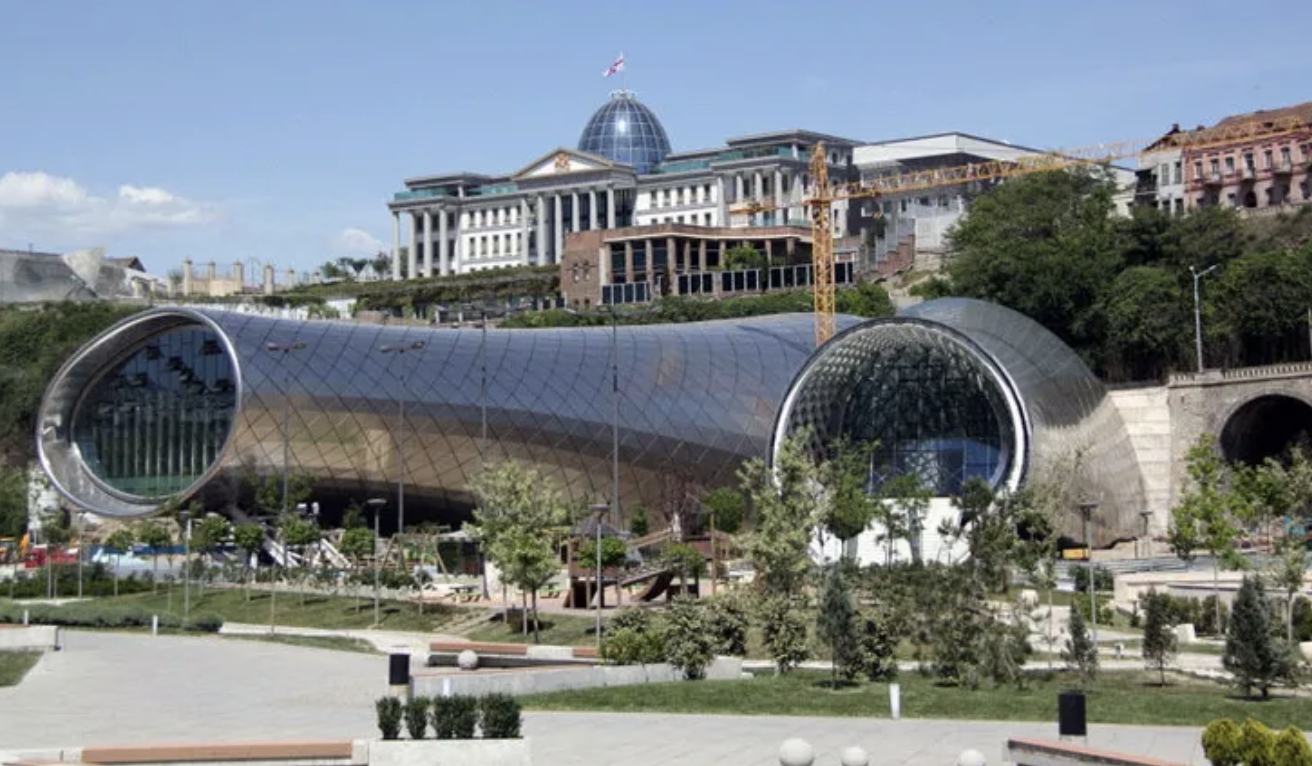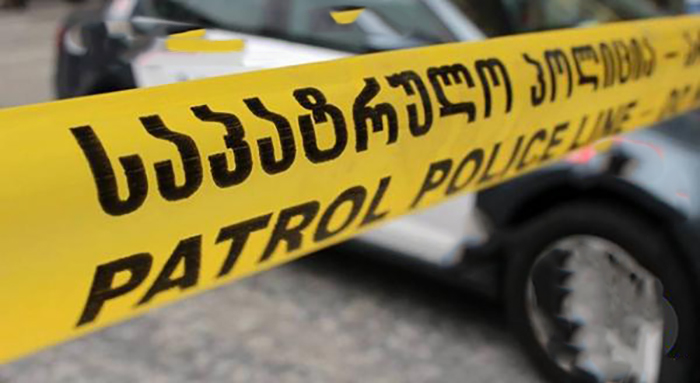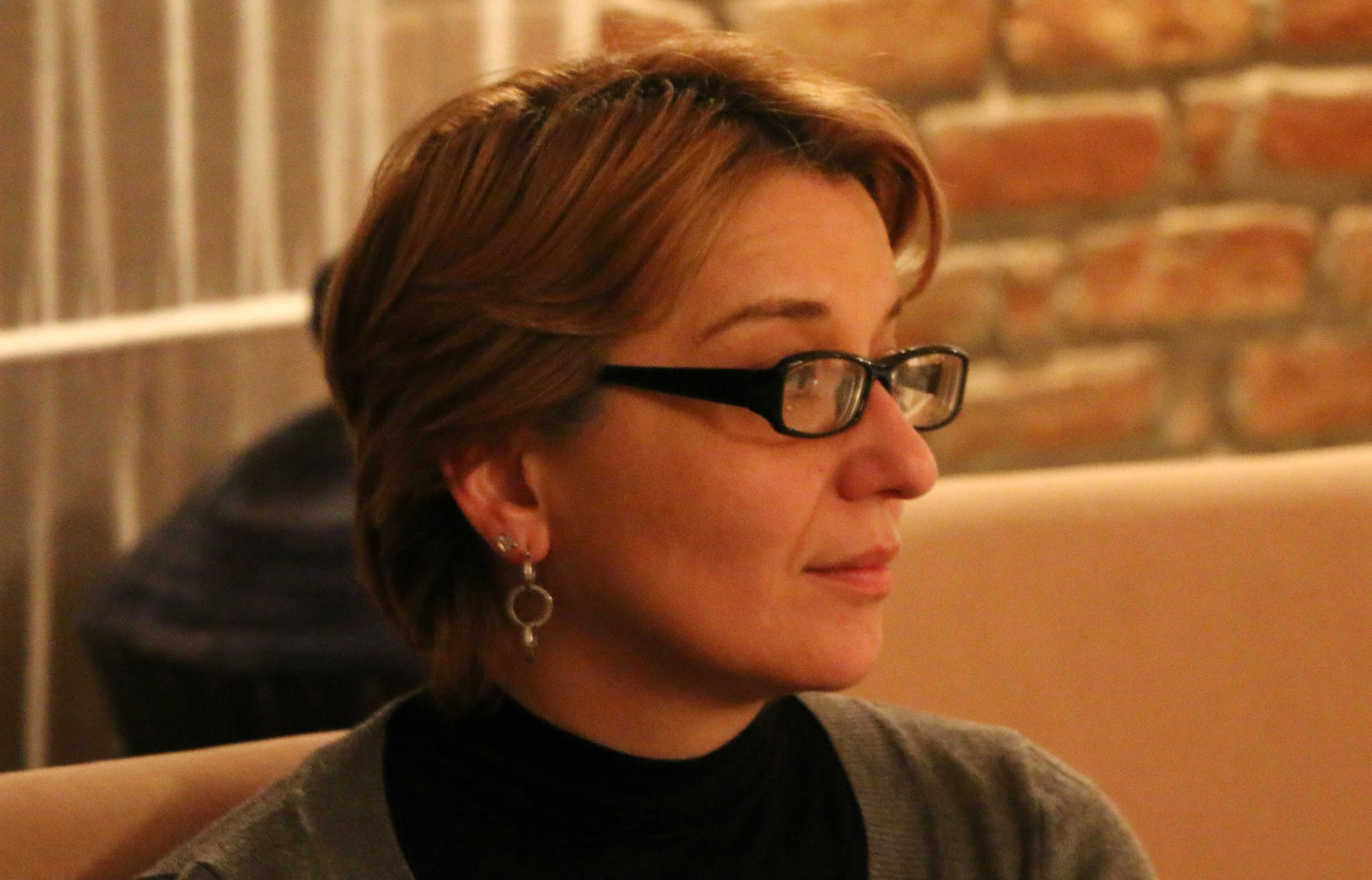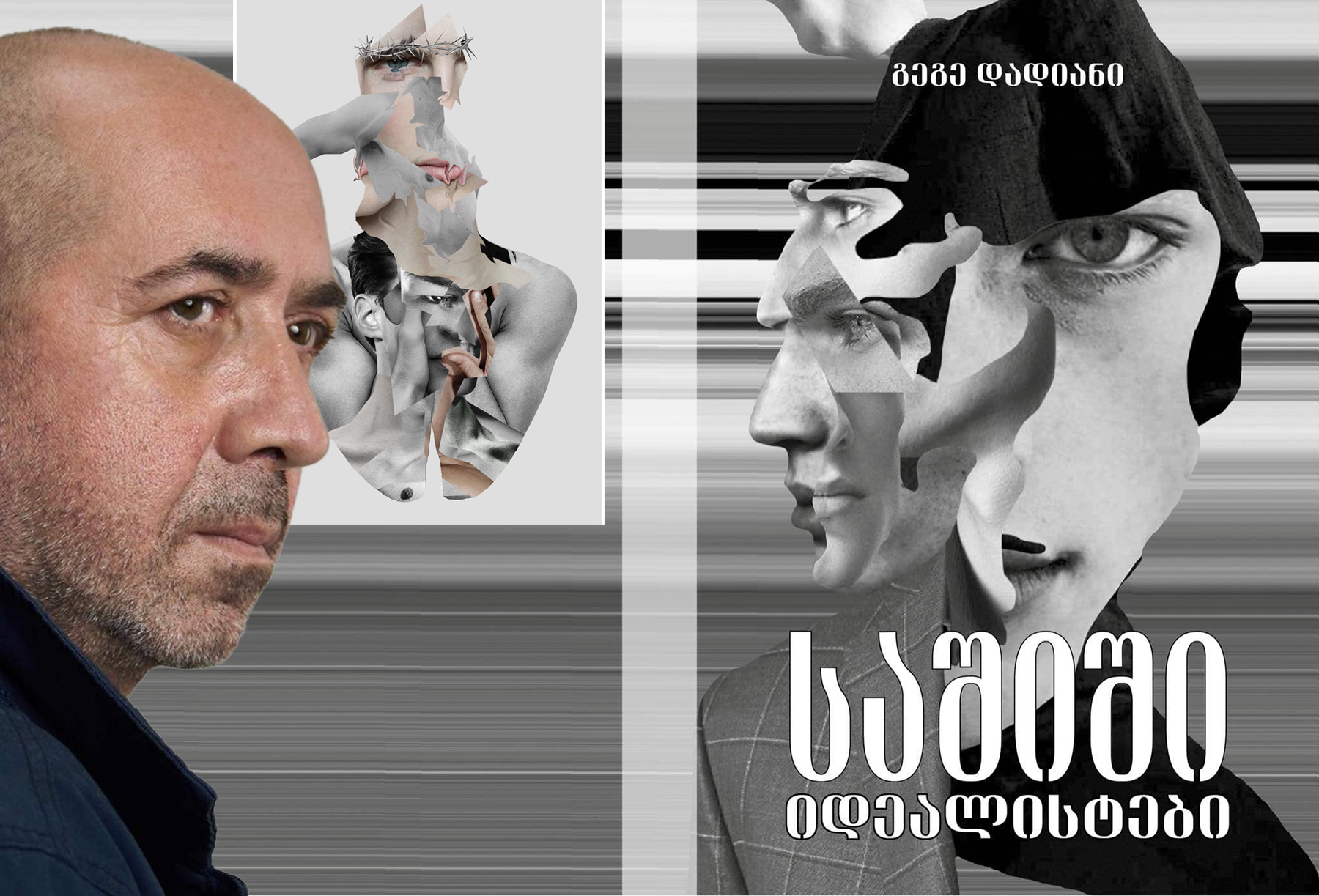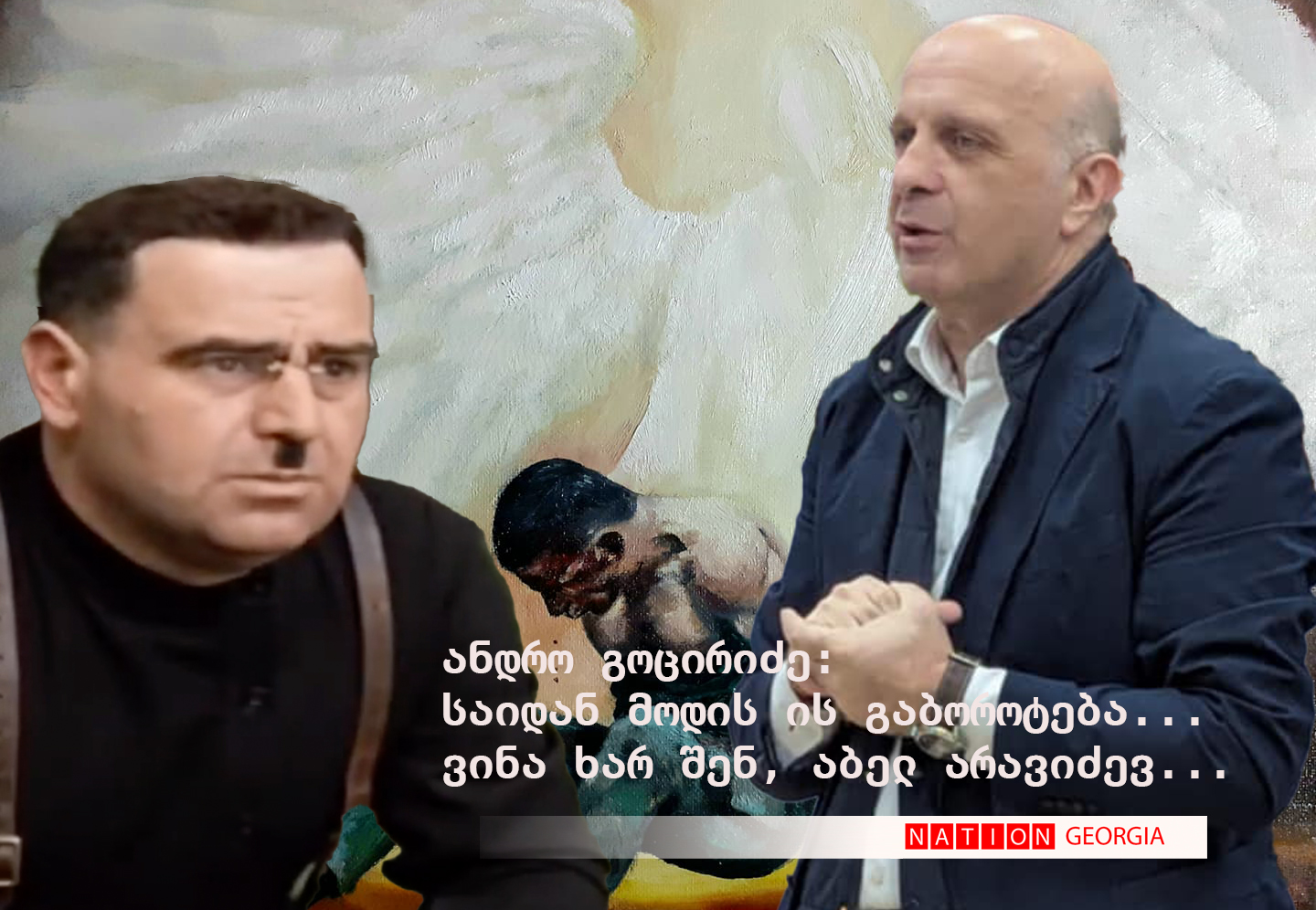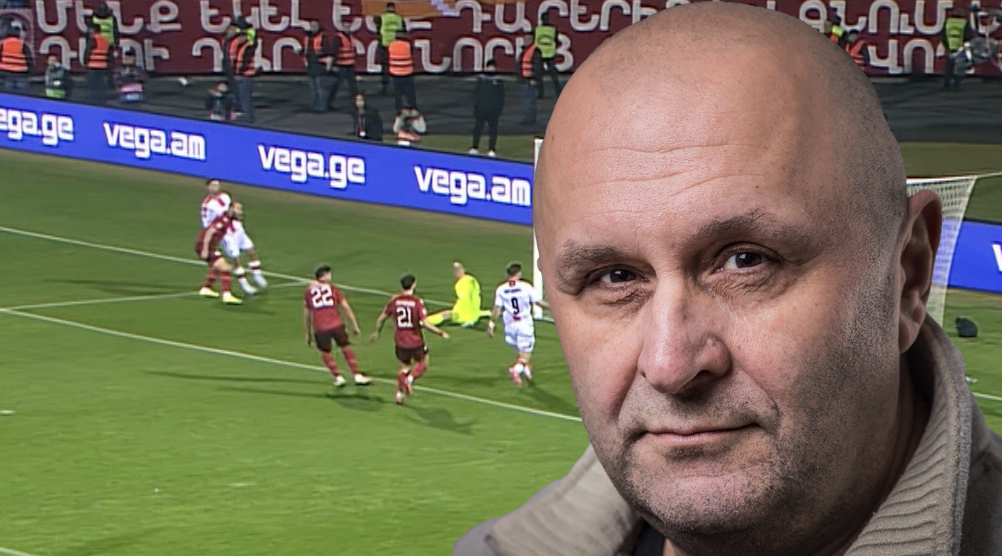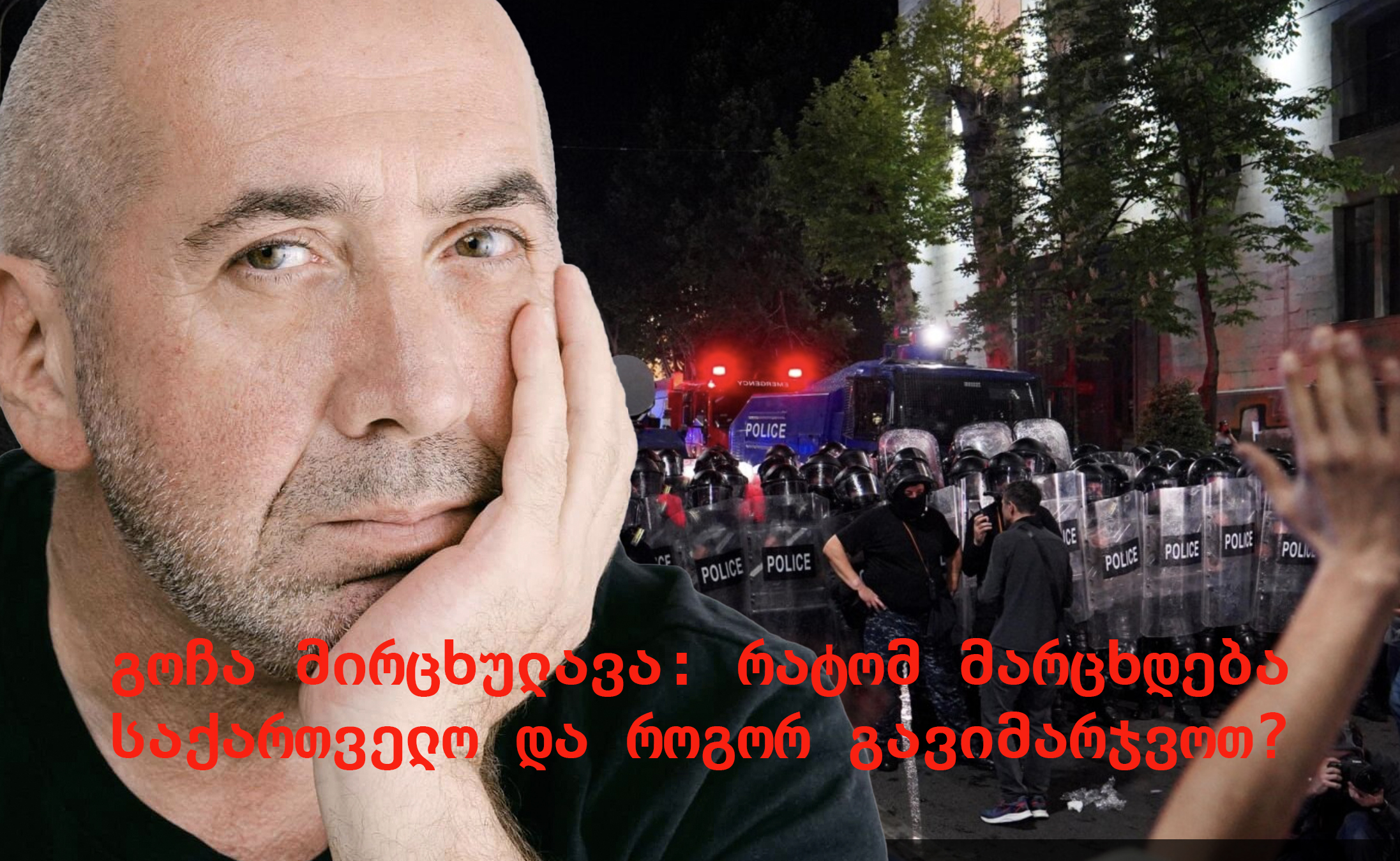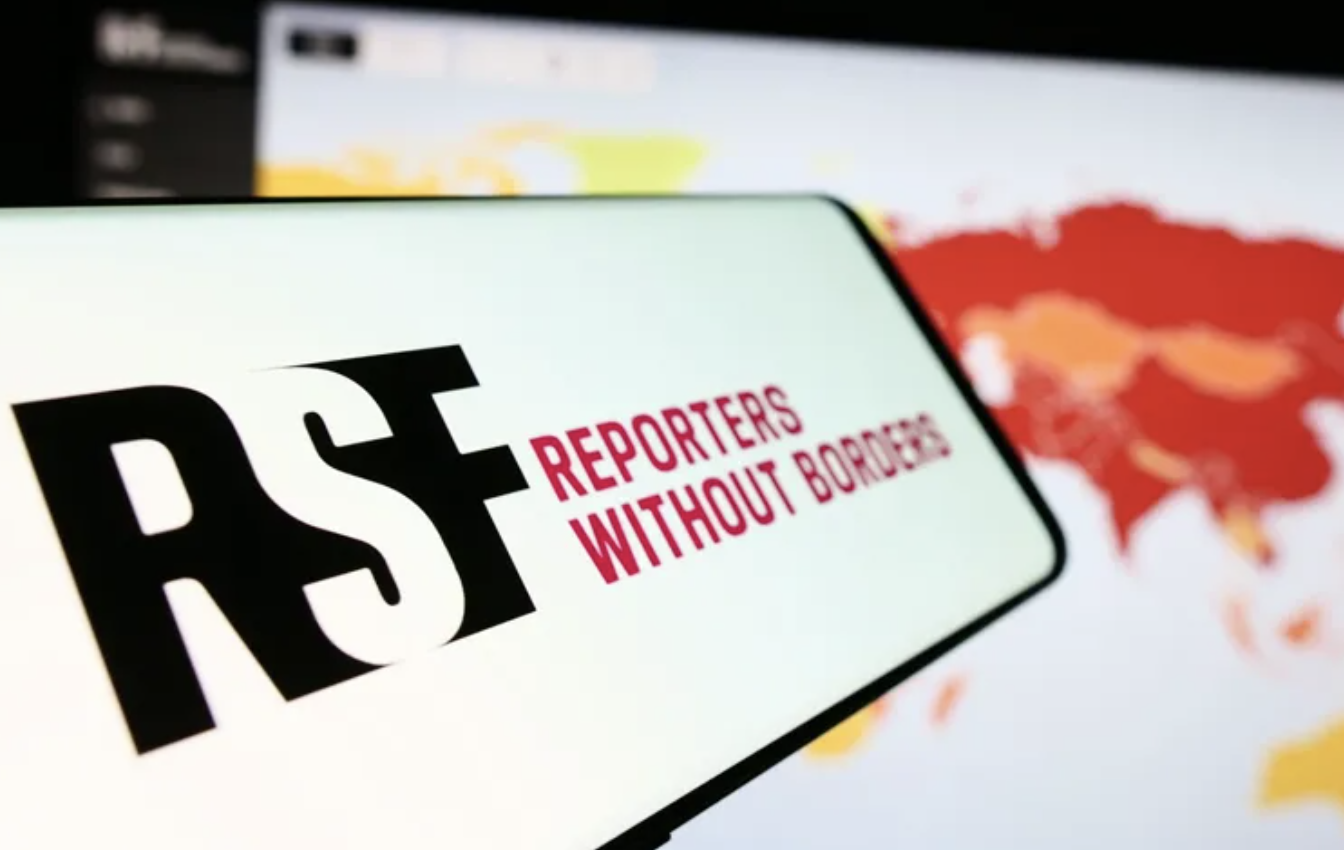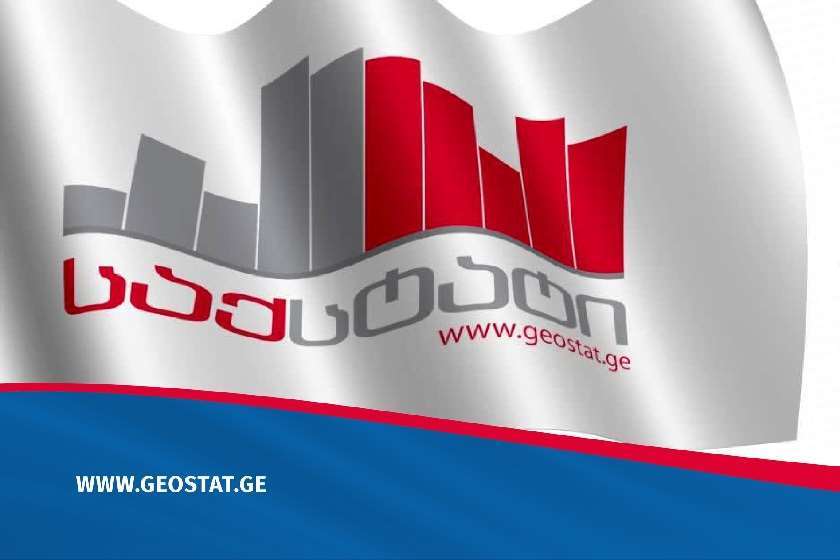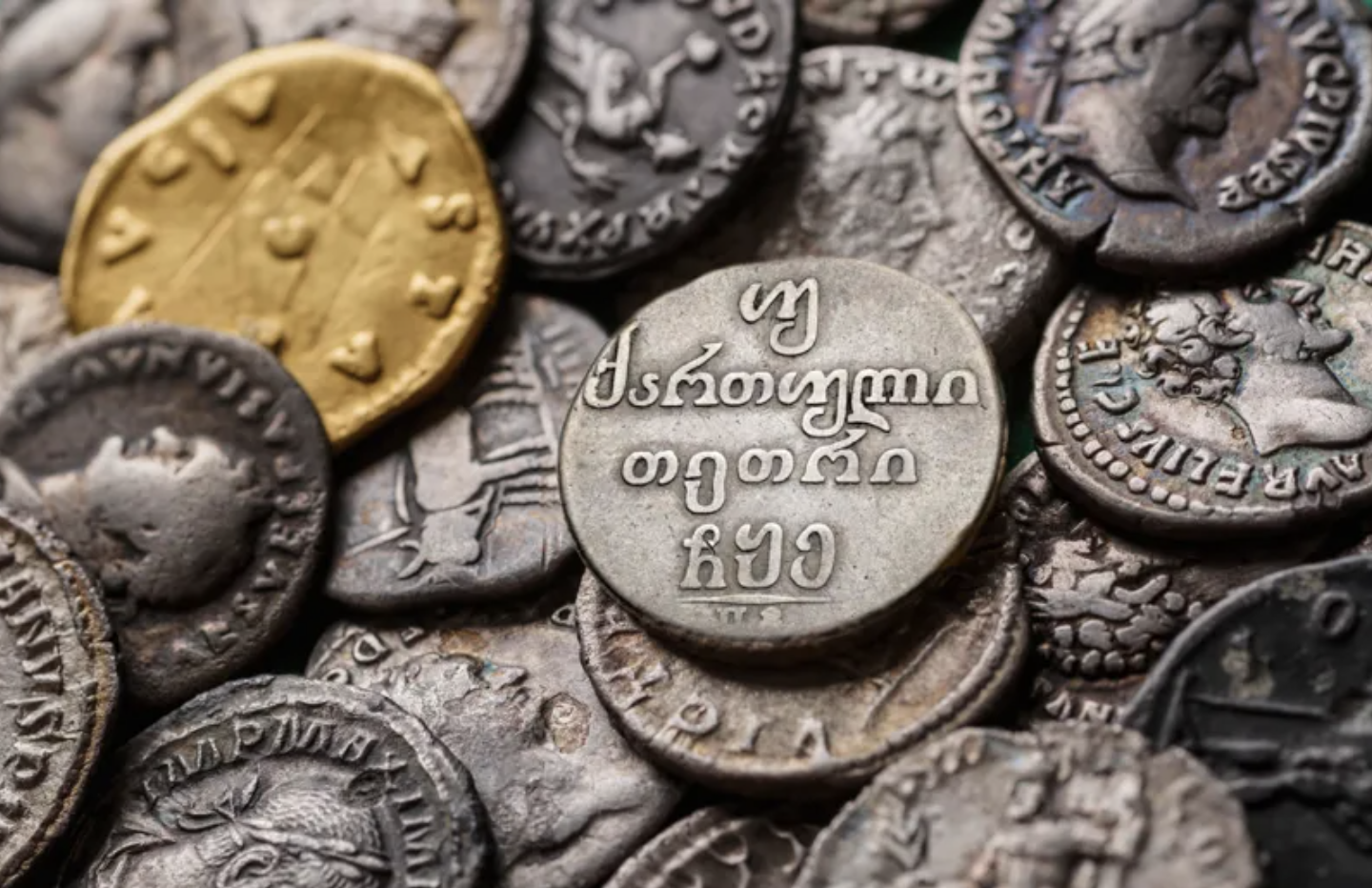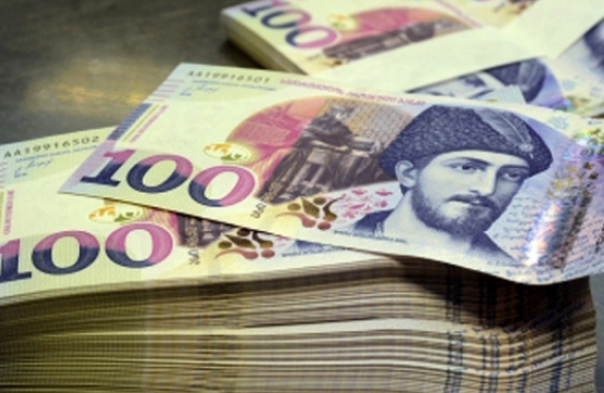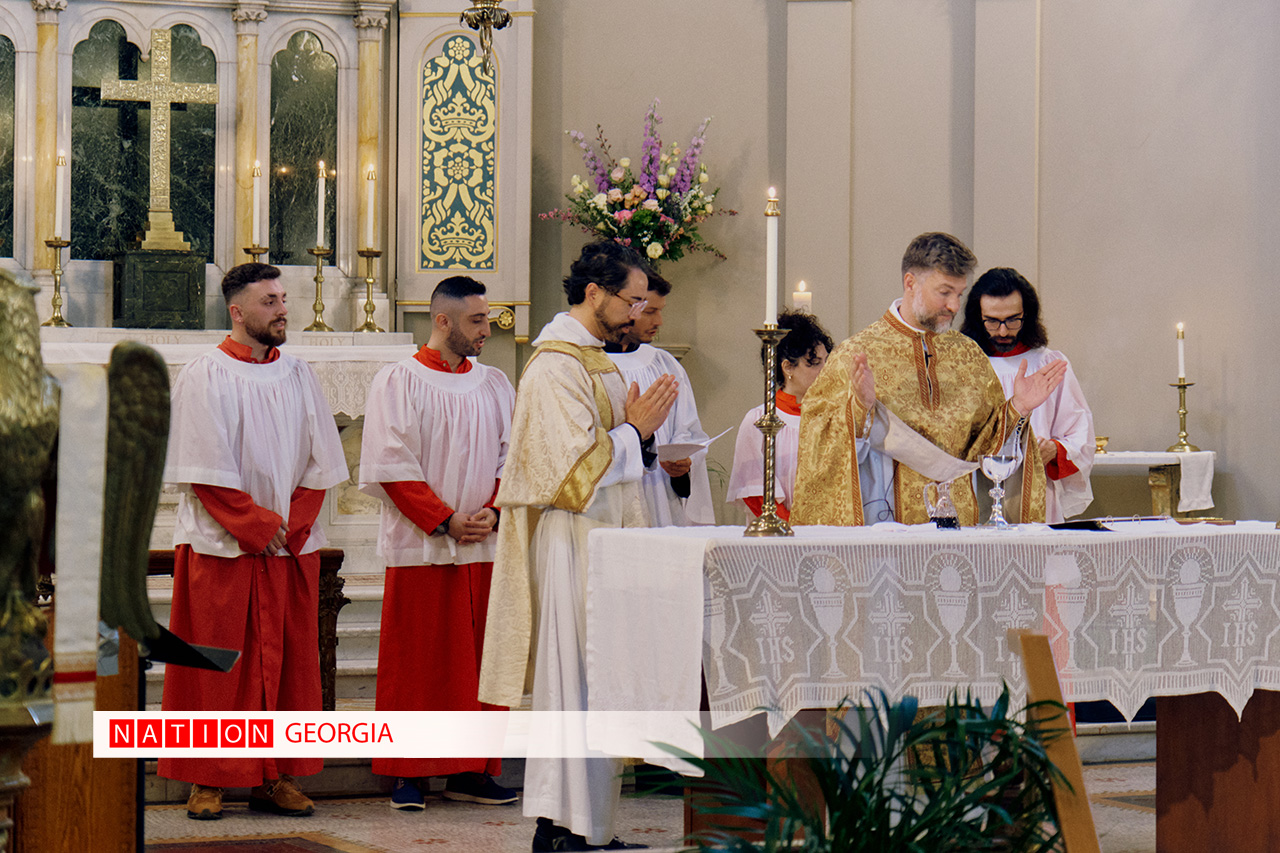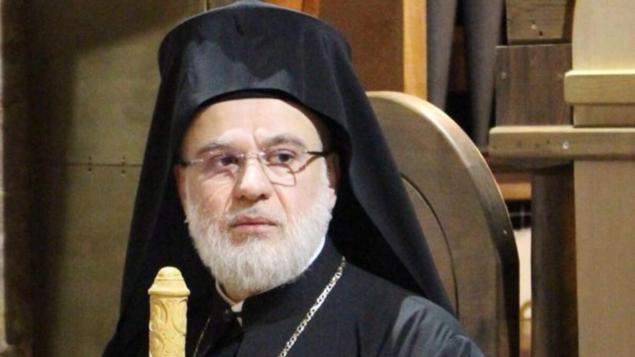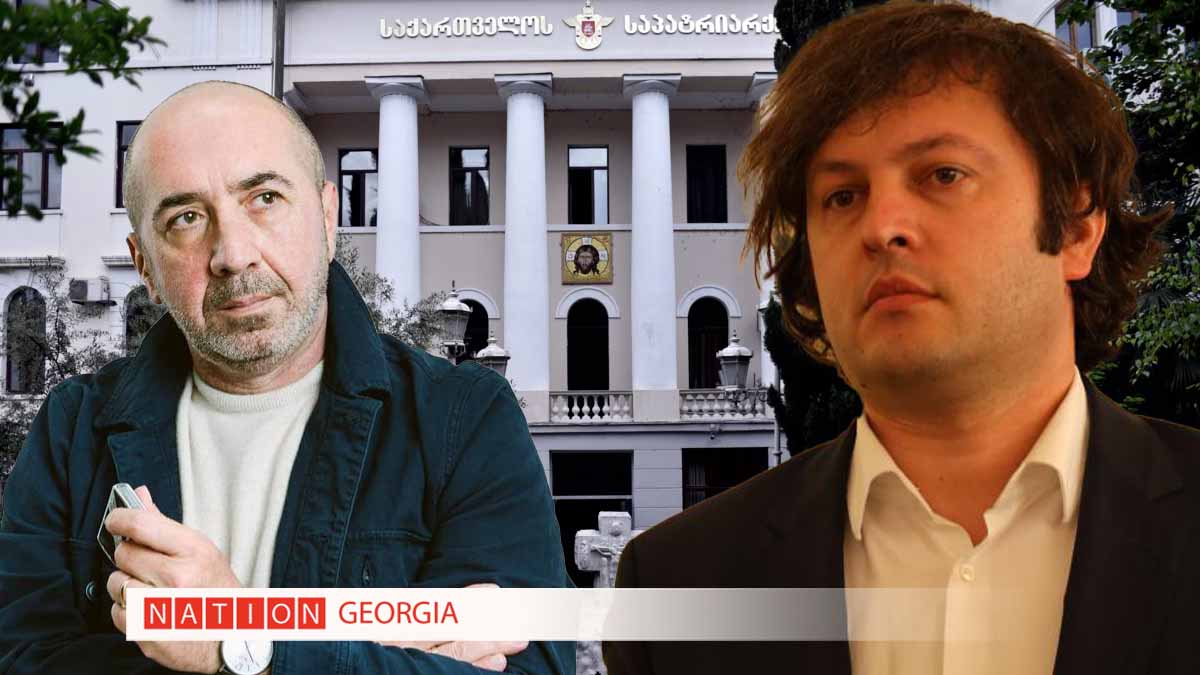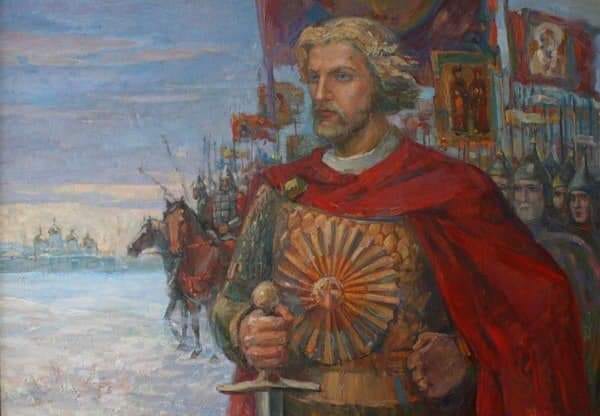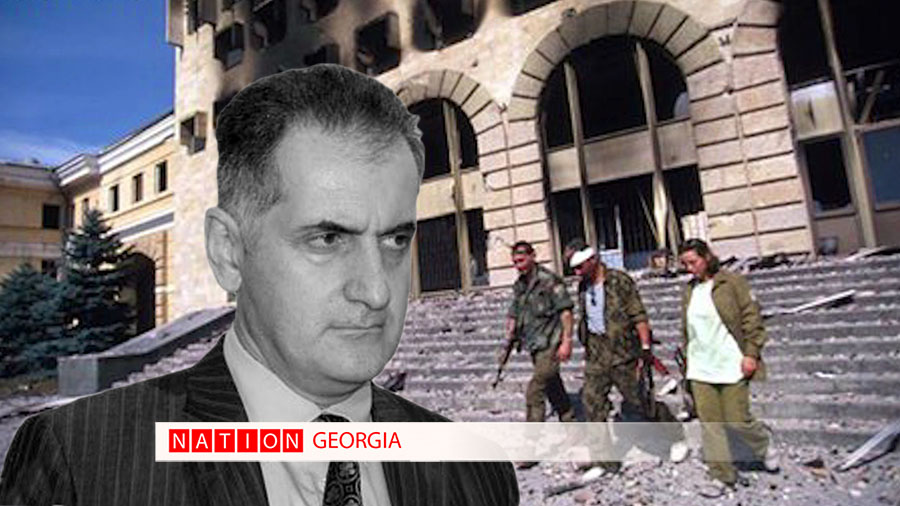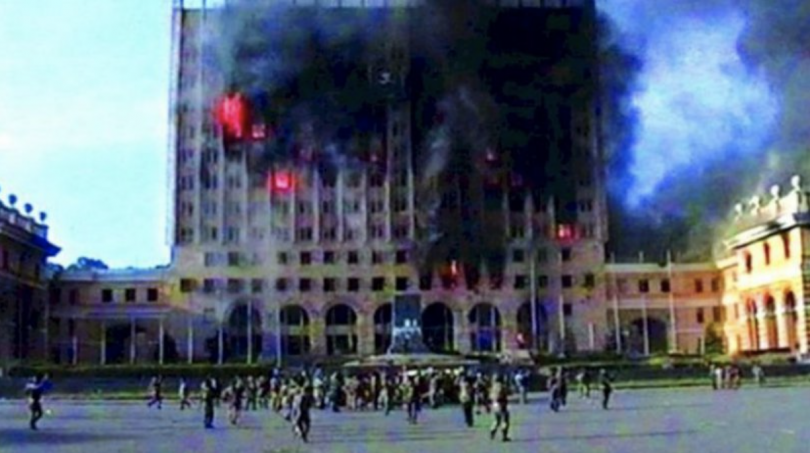
Russian economy may not survive transition to peacetime format - media
12.08.2024 ნახვები: 385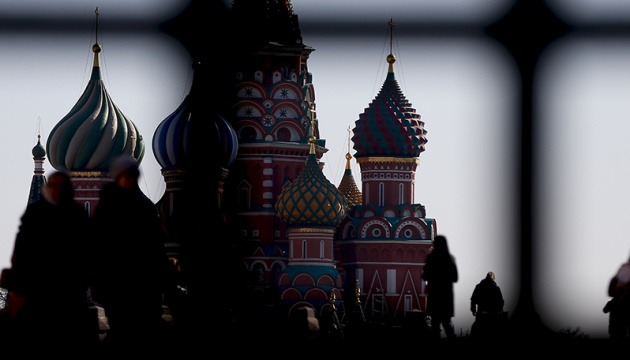
That’s according to an analysis by Germany’s Welt, Ukrinform reports.
The Russian economy has proven that it can perform better than expected despite sanctions, but its current growth is largely driven by the arms industry.
Economists interviewed by the newspaper believe Vladimir Putin will have to maintain the current defense output even if the war ends, otherwise the country will face a deep crisis.
The growth of Russia's GDP is determined by two factors: constantly rising consumption on the one hand and government orders on the other. However, both factors are based on war.
Read also: Ukraine’s finance minister calls on West to pace up provision of $50B loan“But will the country be able to maintain a peacetime economy after the end of the war in Ukraine? How will the economy be freed from the "defense budget dripper"? And would the Kremlin leader, Vladimir Putin, even seek this given that the current model seems convenient as it creates a wide layer of economically satisfied citizens?” the report reads.
Most leading experts researching Russian economy believe the Kremlin will try to preserve the existing wartime economy as long as possible even after the war ends. Given how many Soviet tanks and munitions have been destroyed, it would take years for the defense industry to replenish these stocks. The ultimate war beneficiaries who cannot count on the lifting of sanctions will oppose the transition to a peacetime economic model.
The Russian defense sector in the narrow sense includes 6,000 companies with 3.5 million employees, Putin said early this year. There are also 10 major companies related to the defense sector.
Read also: NBU upgrades Ukraine’s economic growth forecast for 2024 to 3.7%In the first half of 2024, Russia’s gross domestic product rose by 4.7 percent against 3.6 percent recorded last year, as per Russian stats. At the end of this year, the Russian central bank expects growth at 3.5-4 percent while the previous outlook suggested growth of 2.5 to 3.5 percent.

